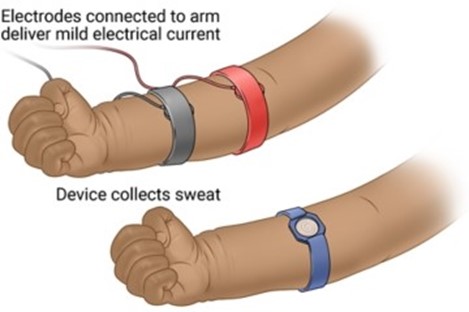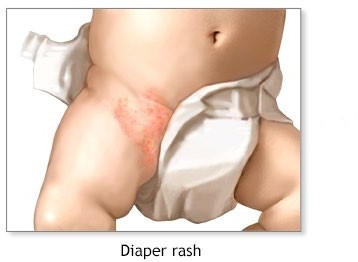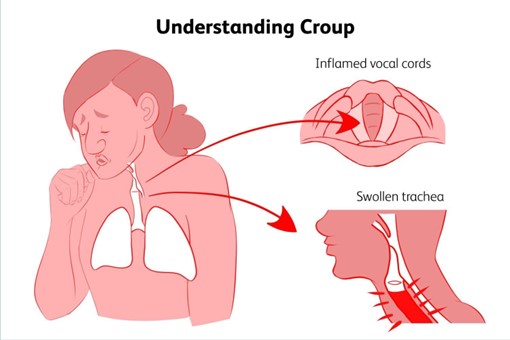A mother brings her 2-month-old to the well-baby clinic. She states that when she kisses her baby, the infant's skin tastes salty.
The nurse should prepare the mother for what standard diagnostic test to screen for cystic fibrosis (CF)?
Sweat-chloride test.
Faecal-fat test.
Pulmonary-function test.
Potassium chloride test.
The Correct Answer is A
The nurse should prepare the mother for a sweat-chloride test to screen for cystic fibrosis (CF). A sweat- chloride test measures the amount of chloride in the sweat and is used to diagnose CF. CF is a genetic disorder that can cause the body to produce thick, sticky mucus that can clog the lungs and pancreas. One of the symptoms of CF is salty-tasting skin due to an increased amount of salt in the sweat. The other options (B, C, and D) are not standard diagnostic tests for screening for CF.

Nursing Test Bank
Naxlex Comprehensive Predictor Exams
Related Questions
Correct Answer is D
Explanation
The most significant finding in planning care for this family is that the infant's diaper area shows severe skin breakdown. Severe skin breakdown in the diaper area can be a sign of diaper rash or other skin irritation, which can cause discomfort and disrupt the infant's sleep. Addressing this issue can help improve the infant's comfort and promote beter sleep. The other options (A, B, and C) may also be relevant, but severe skin breakdown in the diaper area is the most significant finding in this situation.

Correct Answer is C
Explanation
When advising a new mother on caring for a child with croup, the telephone triage nurse should prioritize concern for difficulty swallowing secretions. This symptom can indicate that the child's airway is becoming obstructed and requires immediate medical attention. A fever of 101.0°F (38.3°C) is a common symptom of croup and can be managed at home with antipyretics. Crying often when nursing is not a specific symptom of croup and may have other causes. A barking cough, worse at night, is a characteristic symptom of croup and can be managed at home with humidified air and hydration.

Whether you are a student looking to ace your exams or a practicing nurse seeking to enhance your expertise , our nursing education contents will empower you with the confidence and competence to make a difference in the lives of patients and become a respected leader in the healthcare field.
Visit Naxlex, invest in your future and unlock endless possibilities with our unparalleled nursing education contents today
Report Wrong Answer on the Current Question
Do you disagree with the answer? If yes, what is your expected answer? Explain.
Kindly be descriptive with the issue you are facing.
